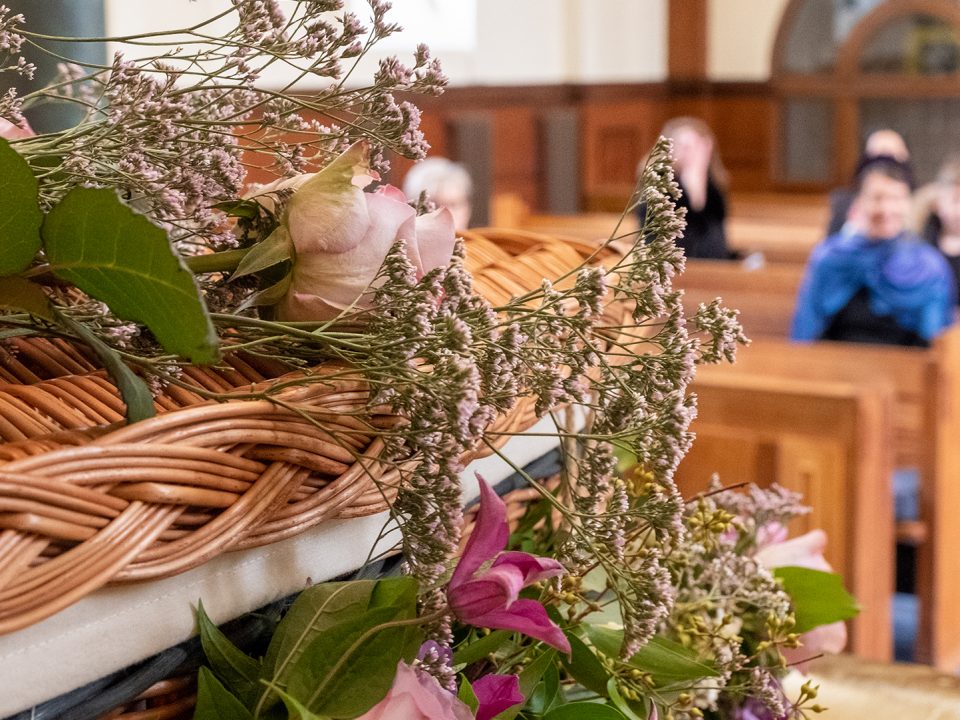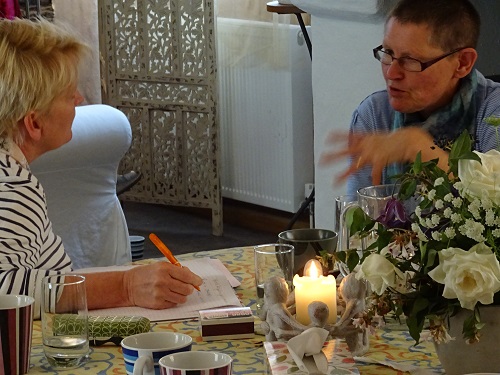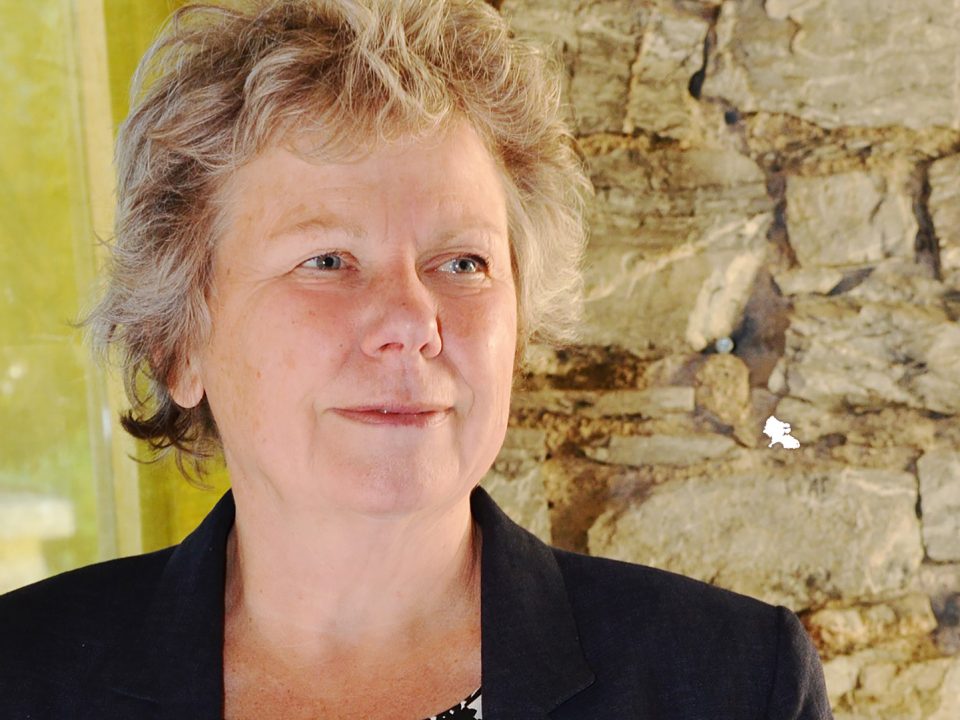Funerals – Balancing Costs and Quality

A new report by Royal London Insurance has shown a significant slowdown in rising funeral costs with a small decrease over the last 12 months, despite the cost of burial and cremation rising by 6% and 5% respectively. Over the last 5 years the average cost of a funeral has increased by just 6%, broadly in line with inflation. The proportion earned by the funeral director has fallen significantly. This pressure on prices has caused the share price of Dignity Plc, the only quoted funeral company, to fall from £25 to less than £10 in 12 months.
Certainly there are now more low cost funeral options, notably more specialist companies offering low cost funerals and direct cremations. We have held our fees at the same level since January 2017, and we do offer low cost funerals for those in need as well as direct cremations. We see this as a way of giving back to the community we support and who support us, but it cannot be our norm.
But we are worried that too much pressure on prices overall could be the beginning of a race to the bottom – you can’t cut costs without cutting services. Funeral directing is a unique activity. Fixed costs are high, premises, equipment, staff, vehicles. In addition there are not many private sector activities that require two people to be on call, ready to go out and bring someone who has died into our care, 24 hours a day, 365 days a year, or who will answer the phone and make visits at any time day or night. Try calling a lawyer on a Sunday afternoon. This is not a sob story, we do it willingly, but not many people think of these things when assessing the cost of a funeral.
Being a funeral director is a highly skilled and multi-faceted job if done well, working with newly bereaved families at a time when many practical and psychological issues may surface, guiding people through the process, thinking about what would make a good funeral for each particular person, putting together often complex events within a 10 day period, caring for the dead, liaising between different parties. The conventional wisdom is that each funeral takes around 40 person hours to produce. We teach funeral directing and most of our students had no idea how complex it is.
We take pride in the way we look after the dead and their families. We take time to listen and discuss, to get things right, to enable those left behind to have rituals in the process which will help to carry them forwards.
The low cost funeral will engender a sector where already low wages will get lower, staff will be less skilled, where there will be less spent on education and training, where there will be fewer staff and pressure on time spent with families, where big companies will consolidate and streamline, with more central hubs to hold the dead, more prescriptive processes, less information and choice.
We do recommend you shop around for a funeral when you need one. There can be marked differences in cost within an area. But also, speak to the funeral director, think about quality of service and your exact requirements, bear in mind that there are many more considerations to take into account than just cost. Here is our blog : Questions to ask a funeral director
Yes, of course we must look after those who don’t have the money to pay for a funeral. The ‘Social Fund’, run by the DWP, has not increased the amount it will pay towards a funeral for many years, currently around half the actual average cost. If a family come to us in need, we try to help, to keep costs down, to be generous with our time and resources, because we don’t want them to suffer feelings in the future that they did not give a good send off to the person who died because they could not afford it. This is a way of giving something back, without institutionalising the low cost funeral as a prescriptive event.




